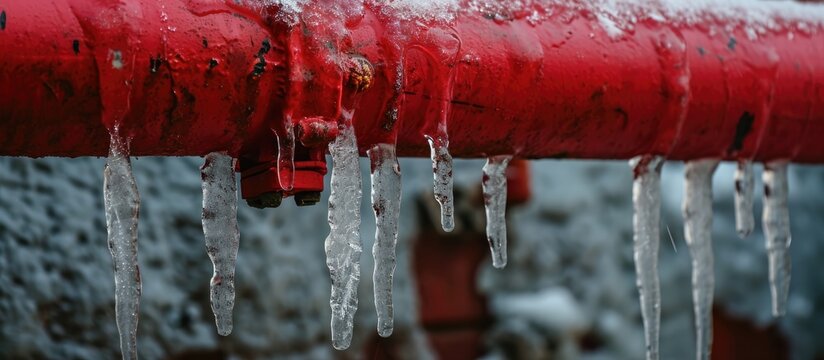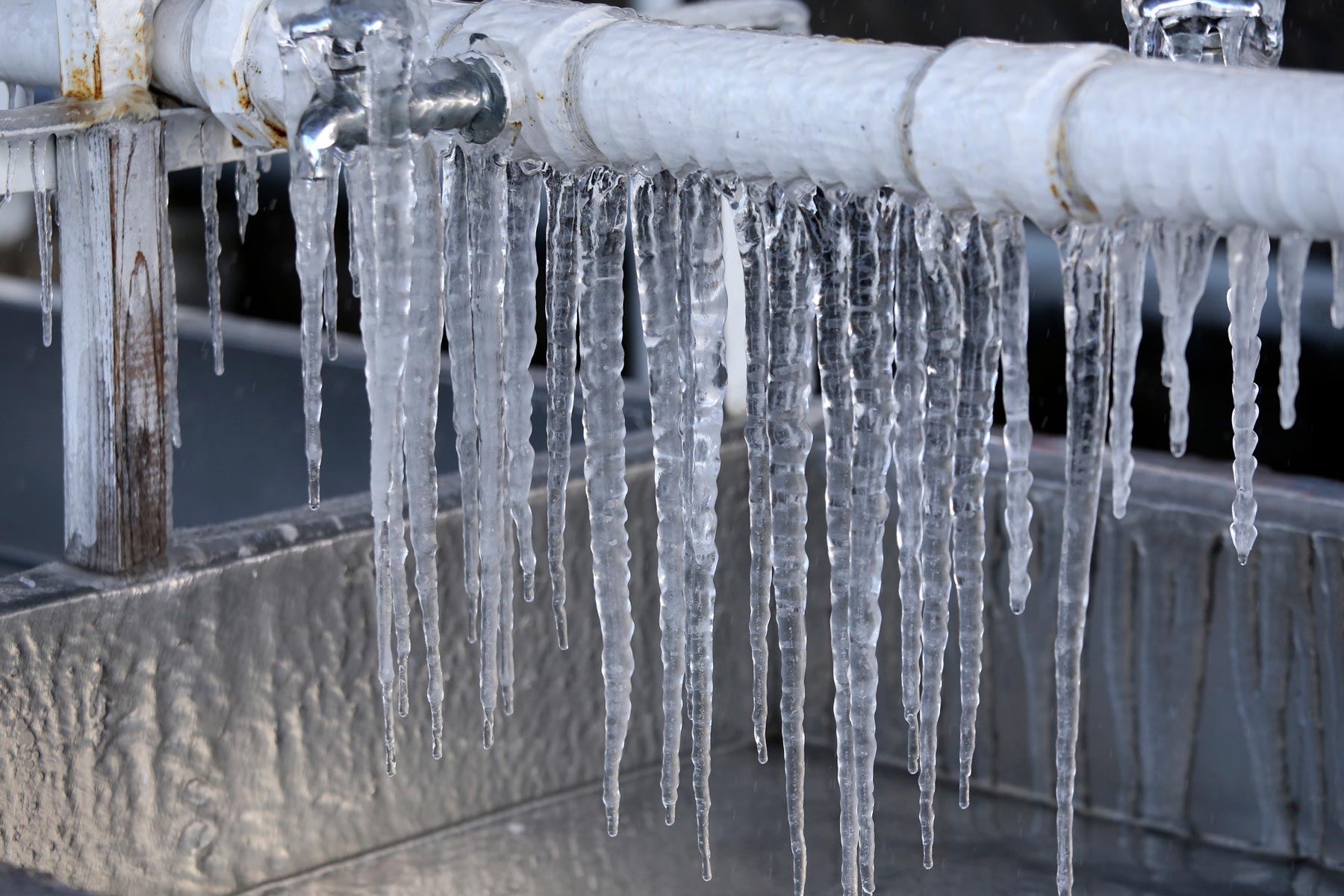Just how do you feel on the subject of Preventing and dealing with frozen pipes?

Winter can damage your pipes, particularly by freezing pipelines. Right here's just how to prevent it from occurring and what to do if it does.
Intro
As temperature levels decline, the risk of frozen pipes increases, potentially resulting in expensive repair work and water damage. Comprehending exactly how to avoid frozen pipelines is crucial for homeowners in cold environments.
Avoidance Tips
Protecting vulnerable pipelines
Cover pipes in insulation sleeves or make use of warm tape to safeguard them from freezing temperatures. Concentrate on pipes in unheated or exterior locations of the home.
Heating strategies
Maintain interior rooms adequately warmed, especially locations with pipes. Open closet doors to allow warm air to flow around pipes under sinks.
Exactly how to recognize frozen pipes
Try to find lowered water flow from faucets, unusual smells or sounds from pipelines, and visible frost on subjected pipelines.
Long-Term Solutions
Architectural changes
Consider rerouting pipes away from exterior walls or unheated areas. Add extra insulation to attics, basements, and crawl spaces.
Upgrading insulation
Invest in top quality insulation for pipes, attic rooms, and walls. Appropriate insulation aids maintain constant temperatures and reduces the danger of frozen pipes.
Safeguarding Outdoor Plumbing
Yard tubes and exterior taps
Detach and drain pipes garden pipes prior to winter season. Mount frost-proof faucets or cover outdoor taps with insulated caps.
Recognizing Frozen Pipelines
What causes pipelines to ice up?
Pipes ice up when exposed to temperature levels below 32 ° F (0 ° C) for prolonged durations. As water inside the pipes freezes, it increases, taxing the pipe walls and possibly creating them to burst.
Risks and damages
Frozen pipes can cause water supply interruptions, residential or commercial property damage, and costly repair services. Burst pipes can flood homes and cause comprehensive structural damage.
Signs of Frozen Piping
Recognizing icy pipes early can avoid them from rupturing.
What to Do If Your Pipes Freeze
Immediate actions to take
If you think icy pipelines, keep taps open up to eliminate pressure as the ice thaws. Use a hairdryer or towels soaked in hot water to thaw pipes gradually.
Verdict
Stopping frozen pipelines requires aggressive steps and fast reactions. By recognizing the causes, indicators, and preventive measures, home owners can safeguard their pipes during cold weather.
Helpful Tips to Prevent Frozen Pipes this Winter
UNDERSTANDING THE BASICS: WHY PIPES FREEZE AND WHY IT’S A PROBLEM
Water freezing inside pipes is common during the winter months, but understanding why pipes freeze, and the potential problems it can cause is crucial in preventing such incidents. This section will delve into the basics of why pipes freeze and the associated problems that may arise.
THE SCIENCE BEHIND FROZEN PIPES
When water reaches freezing temperatures, it undergoes a physical transformation and solidifies into ice. This expansion of water as it freezes is the primary reason pipes can burst. As the water inside the pipe freezes, it expands, creating immense pressure on the walls. If the pressure becomes too great, the pipe can crack or rupture, leading to leaks and water damage.
FACTORS THAT CONTRIBUTE TO PIPE FREEZING
Low Temperatures: Extremely cold weather, especially below freezing, increases the risk of pipes freezing. Uninsulated or Poorly Insulated Pipes: Pipes located in unheated areas, such as basements, crawl spaces, or attics, are more prone to freezing. Insufficient insulation or lack of insulation altogether exacerbates the problem. Exterior Wall Exposure: Pipes running along exterior walls are susceptible to freezing as they encounter colder temperatures outside. Lack of Heating or Temperature Regulation: Inadequate heating or inconsistent temperature control in your home can contribute to frozen pipes. PROBLEMS CAUSED BY FROZEN PIPES
- Pipe Bursting: As mentioned earlier, the expansion of water as it freezes can cause pipes to burst, resulting in significant water damage.
- Water Damage: When pipes burst, it can lead to flooding and water damage to your property, including walls, ceilings, flooring, and personal belongings.
- Structural Damage: Prolonged exposure to water from burst pipes can compromise the structural integrity of your home, leading to costly repairs.
- Mold and Mildew Growth: Excess moisture from water damage can create a favorable environment for mold and mildew growth, posing health risks to occupants.
- Disrupted Water Supply: Frozen pipes can also result in a complete or partial loss of water supply until the issue is resolved.
WHY CERTAIN PIPES ARE MORE PRONE TO FREEZING
- Location: Pipes located in unheated or poorly insulated areas, such as basements, crawl spaces, attics, or exterior walls, are at higher risk of freezing.
- Exterior Pipes: Outdoor pipes, such as those used for irrigation or exposed plumbing, are particularly vulnerable to freezing as they are directly exposed to the elements.
- Supply Lines: Pipes that carry water from the main water supply into your home, including the main water line, are critical to protect as freezing in these lines can affect your entire plumbing system.
- Underground Pipes: Pipes buried underground, such as those connected to sprinkler systems or outdoor faucets, can be susceptible to freezing if not properly insulated.
https://busybusy.com/blog/helpful-tips-to-prevent-frozen-pipes-this-winter/

I discovered that blog post about Helpful Tips to Prevent Frozen Pipes this Winter when doing a search on the internet. Do you know someone else who is occupied with the subject? Take a moment to share it. Many thanks for being here. Don't forget to stop by our website back soon.
Book Now!